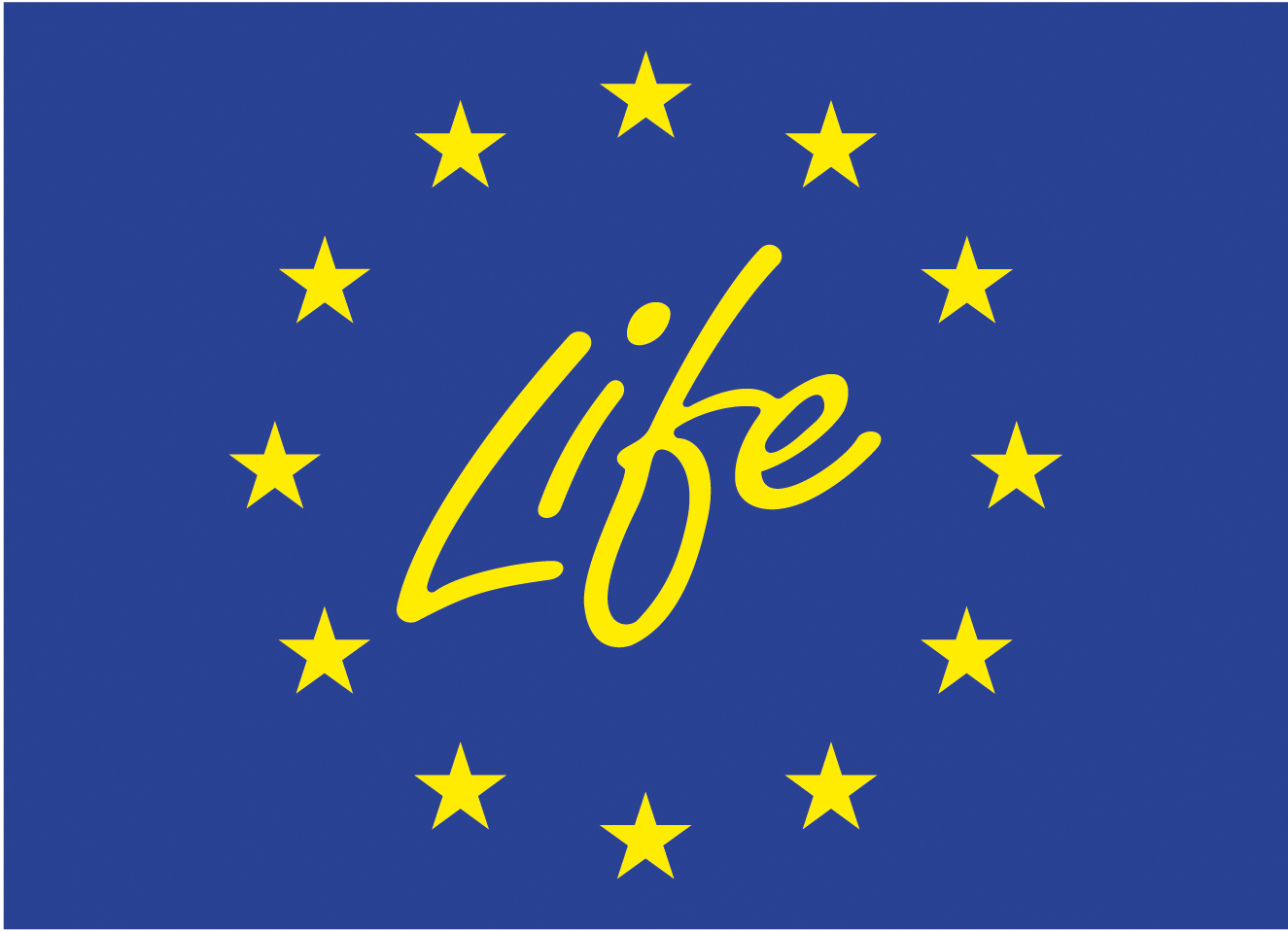New position paper on organic textiles in a context of strong political momentum
IFOAM Organics Europe published its revised position paper Organic textiles – Protecting the credibility of the organic label.
The publication of this paper comes at a time of significant political momentum. The European Commission is implementing the Circular Economy Action Plan and published the EU strategy for sustainable and circular textiles in March 2022. While the latter does not foresee specific actions on the issue of organic textiles, it does foresee reopening the 2011 Regulation on textile fibre names and related labelling and marking of the fibre composition of textile products.
This could open the door to the protection of organic textiles, more respectful of the environment and workers, at EU level.
Textiles, a growing market opportunity
The paper highlights some more recent data related to textile products and why they should be regulated at the EU level.
Specifically, it is important to note the rapid expansion of this market, whose size crossed USD 37bn in 2018. 249,153 tonnes of organic cotton were produced in 2020, a 3.9% growth compared to 2019. The sector expects the production to grow by 48% in 2021.

Growing markets, opportunities for greenwashing?
The paper also refers to more recent data on greenwashing and consumer protection. Greenwashing is a documented phenomenon in this sector. The European Commission estimates that 42% of the analysed claims in sectors including garment and textile are “exaggerated, false or deceptive”, when other give a higher figure, at around 60%.
At the same time, Eurobarometers show consumer sensibility over the issue: on textiles, 86% are in favour of an environmental impact and labour conditions labelling, 82% agree that not enough information is available on environmental impacts, and 87% think there should be stricter rules.
Regulation, needed to protect organic textiles
The above-mentioned data and the environmental and social consequences of a status quo, warrant for regulating organic textiles at the EU level. We recall in this paper that farm production of cotton fibre accounts for 16.1% of the world’s insecticides and 5.7% of total pesticides, which results in poisoning of people and the environment. 77 million agricultural workers suffer poisoning from pesticides each year and 83% of manufactured nitrogen fertilisers used on crops end up in the environment.
This new position paper reaffirms the necessary protection of the term “organic” for textiles at EU level. As IFOAM Organics Europe, we believe that for a textile product to be labelled “organic”, the textile fibre should originate from raw material produced in organic farms according to globally recognised organic farming standards and should also be processed according to a recognised organic textile processing standard that prohibits hazardous and residual inputs according to clear criteria.
We make the distinction between “textiles containing organic fibres” (with minimum 50% organic fibres, with only the traceability of the organic fibres being required and no criteria at the processing stage), and “organic textiles”, produced with minimum 70% organic fibres and processed according to an adequate processing standard.
Read the position paper and learn more about IFOAM Organics Europe’s work on organic textiles on our website.

The work of IFOAM Organics Europe on this topic is co-financed by the LIFE programme of the European Union, under the under the Climate, Infrastructure and Environment Executive Agency (CINEA). This publication only reflects the views of the authors and its sole responsibility lies with IFOAM Organics Europe. CINEA is not responsible for any use that may be made of the information provided.

